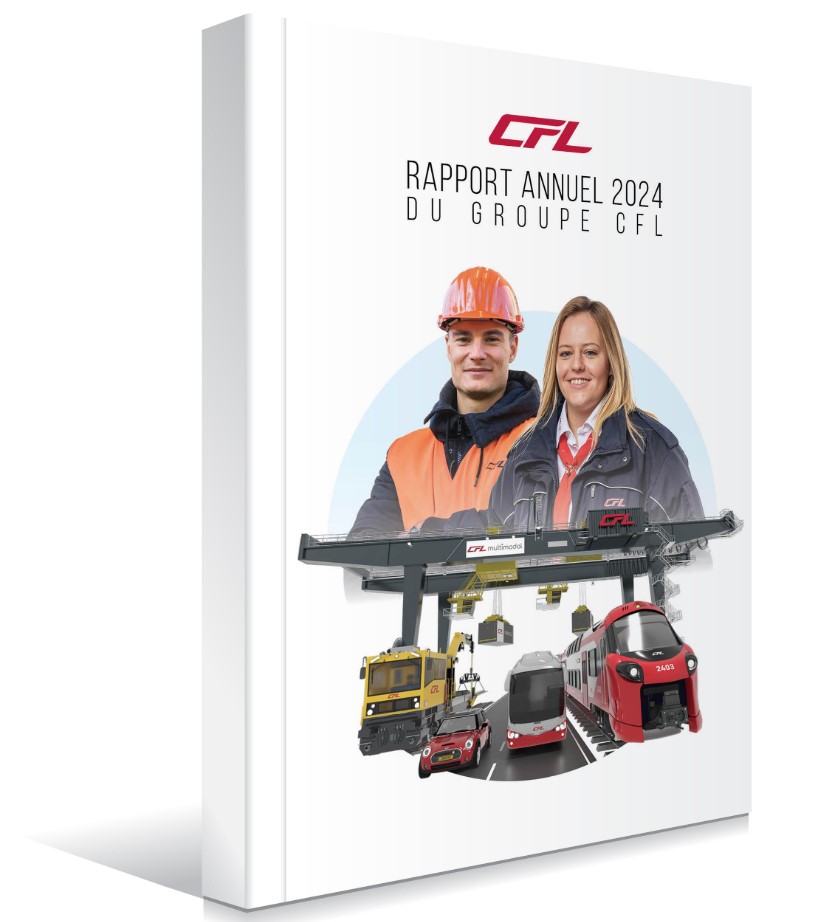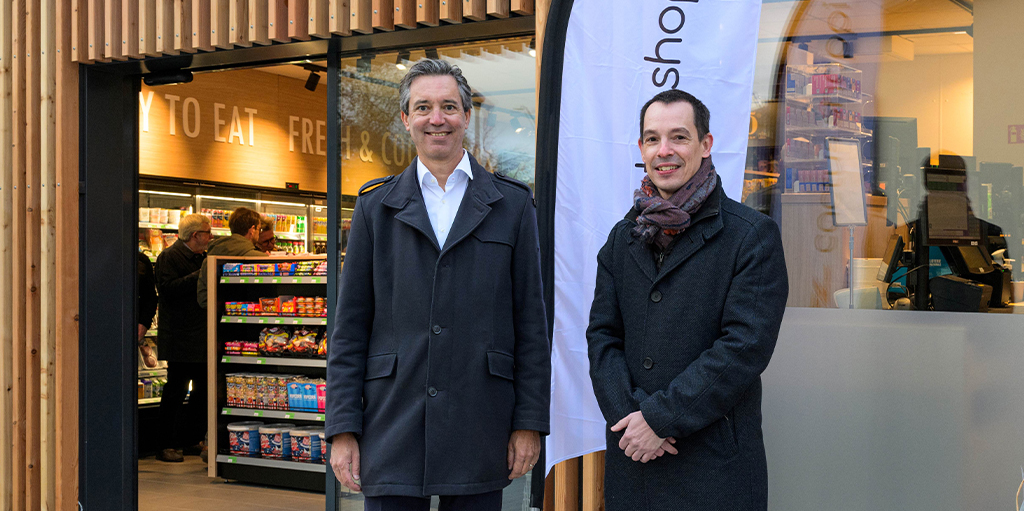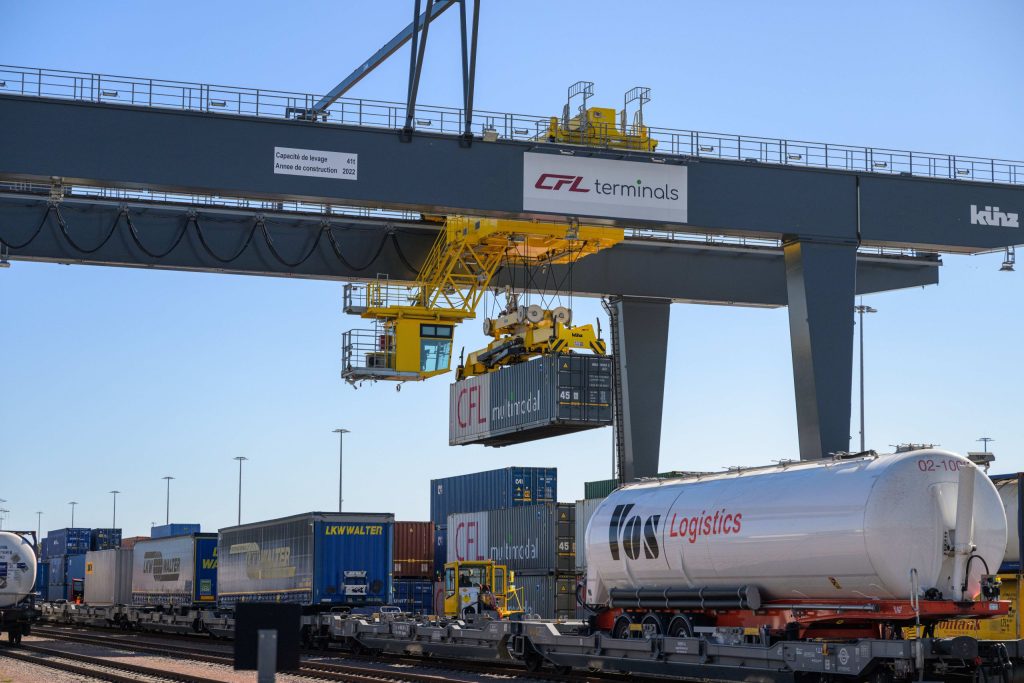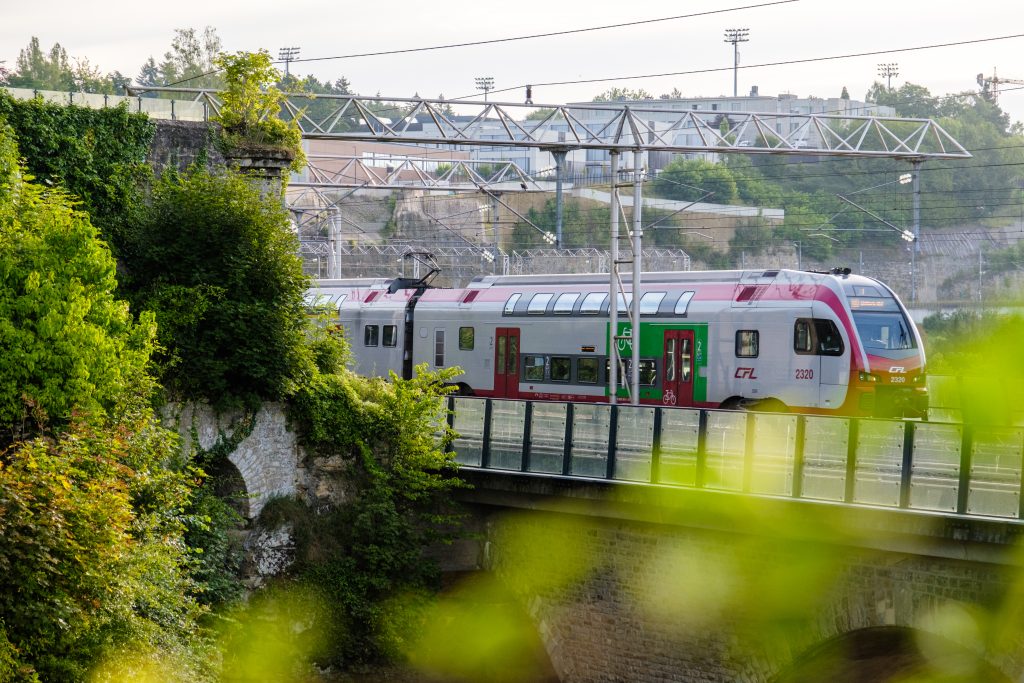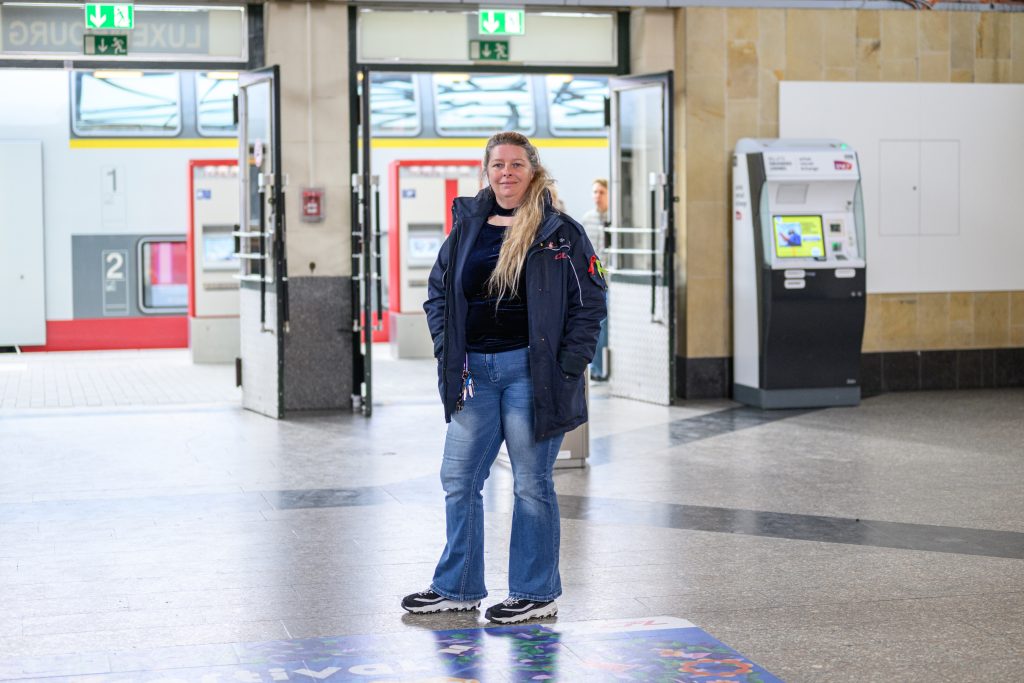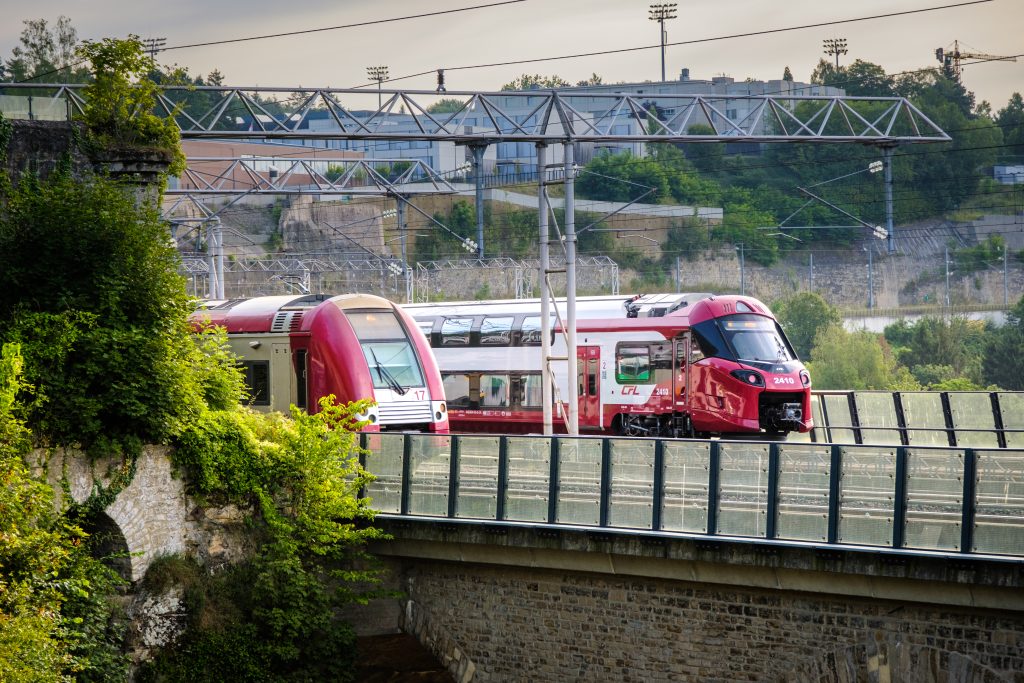
“We can be proud to welcome more and more customers”
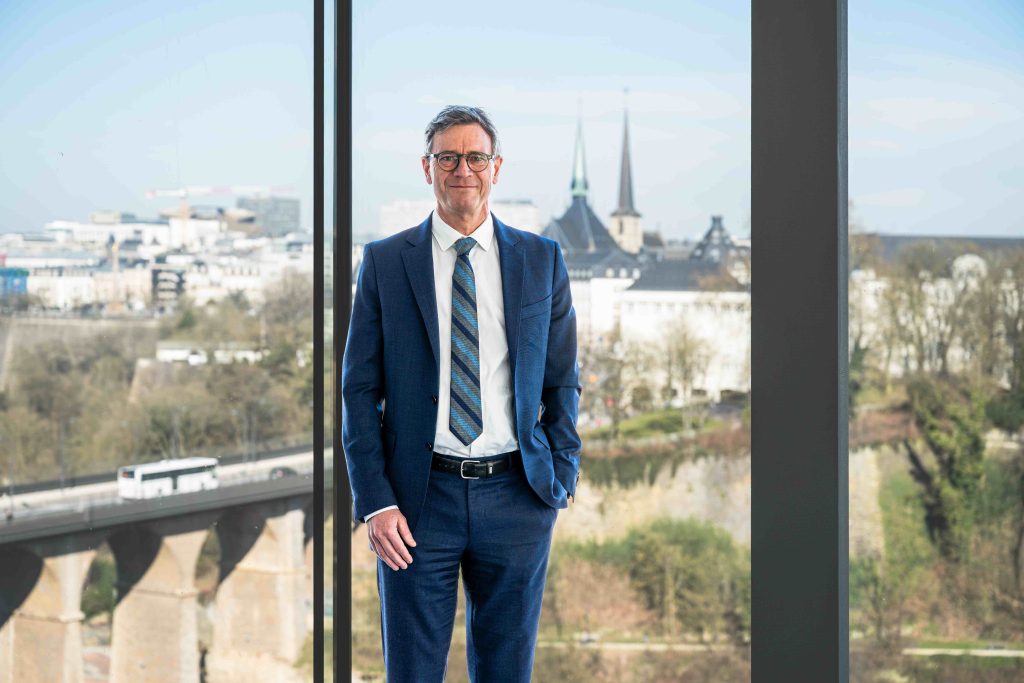
Marc Wengler, CEO, reflects on the strategic priorities of the CFL in the context of the presentation of the Group’s 2024 results, which more than ever, place the needs of customers at the heart of their actions.
The CFL aim to become the first choice of mobility for their customers. How does the Group’s strategy enable them to achieve this vision?
Our core business remains deeply rooted in rail transport, but by choosing to focus our strategy on the needs of our customers, we are opting for a broader vision of mobility: we want to cover the journeys of our customers – or their goods – from the first to the last kilometre.
We therefore think in terms of the overall customer experience, including complementary services such as CFL cactus shoppi or the bikebox network of bicycle parking. We also experiment and innovate, for example with the implementation of autonomous shuttles in urban areas. This approach also applies to our Freight Activities with numerous value-added transport and storage solutions, often co-constructed with our partners.

Our customers are particularly satisfied with the work of the CFL teams, as shown by the annual satisfaction survey.
This result reflects our corporate culture and is explained by the motivation of our more than 5,000 employees, whom I thank once again here! They skilfully weave the common thread of our strategy built on five interconnected priorities. Thanks to our operational rigour, inclusive leadership, and the involvement of everyone, we make new strides each year in our long-term development for the benefit of our customers.
“We involve our customers in various aspects affecting their journeys.”
Marc Wengler, CEO, CFL Group.
This appreciation from our customers highlights the importance of the human factor for a Group like the CFL.
Customer feedback, whether positive or highlighting areas for improvement, is invaluable for making adjustments where necessary. I am thinking in particular of the 800 daily bus services offered in the summer of 2024 during the engineering works between Luxembourg and Bettembourg. Based on customer feedback, we reviewed their handling at the Thionville, Bettembourg, and Luxembourg stations to improve fluidity. A “win-win” dialogue, even during the necessary rail traffic interruptions to carry out infrastructure work.
Can we speak of a customer-oriented corporate culture based on the CFL’s Group strategy?
The annual satisfaction survey, for example, led to the modernisation work carried out in 2024 at the Esch-sur-Alzette and Differdange stations. We also involve our customers in various aspects affecting their journeys, such as the evolution of passenger information or the upcoming redesign of our mobile application.
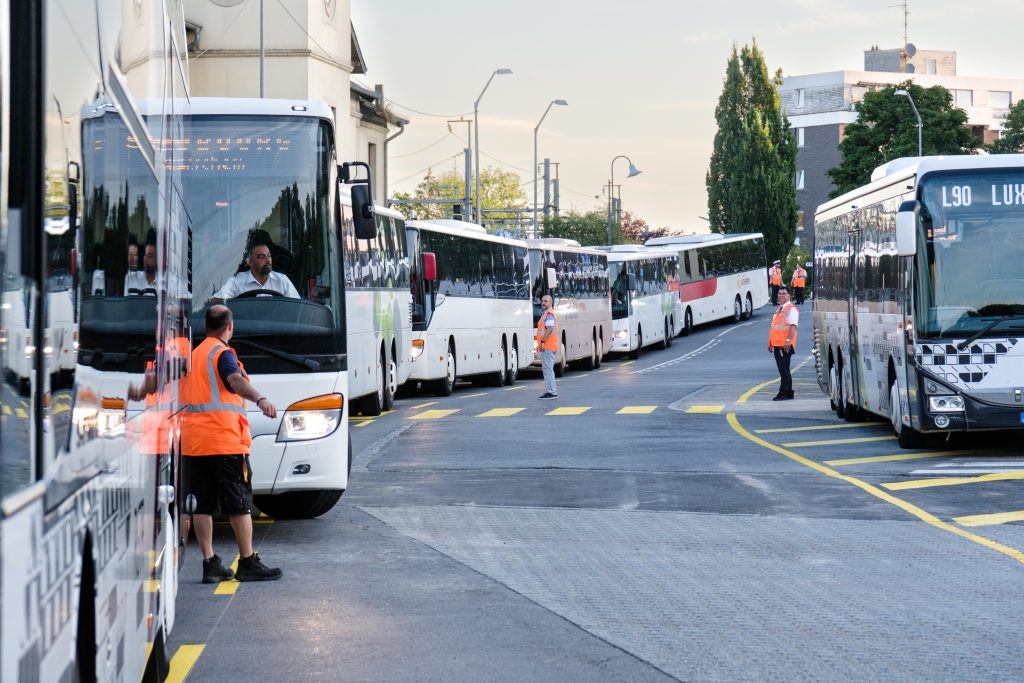
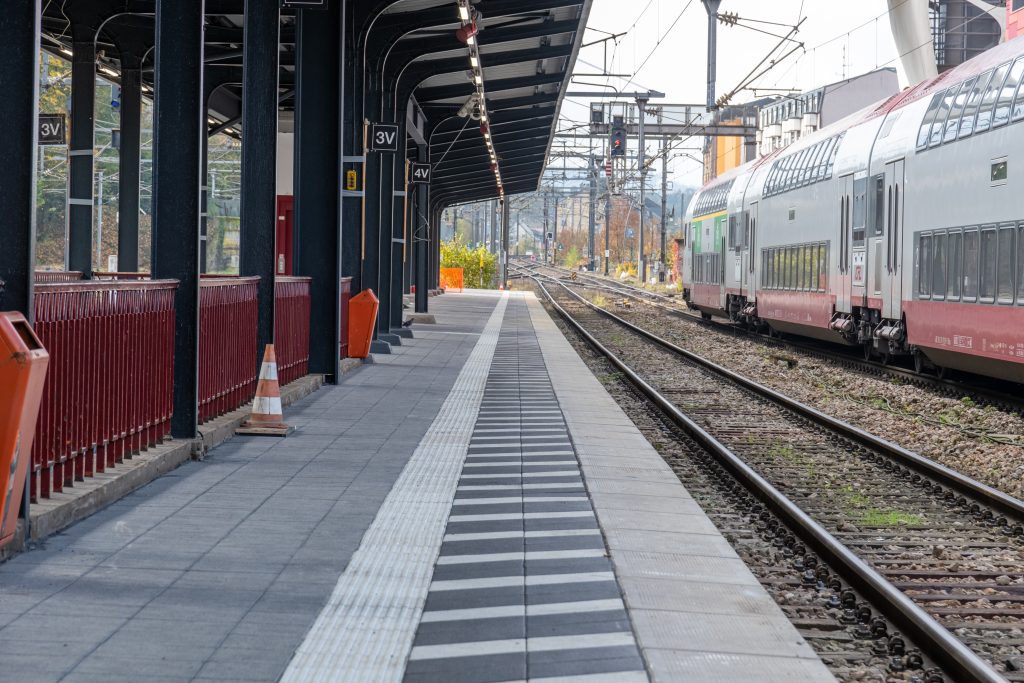
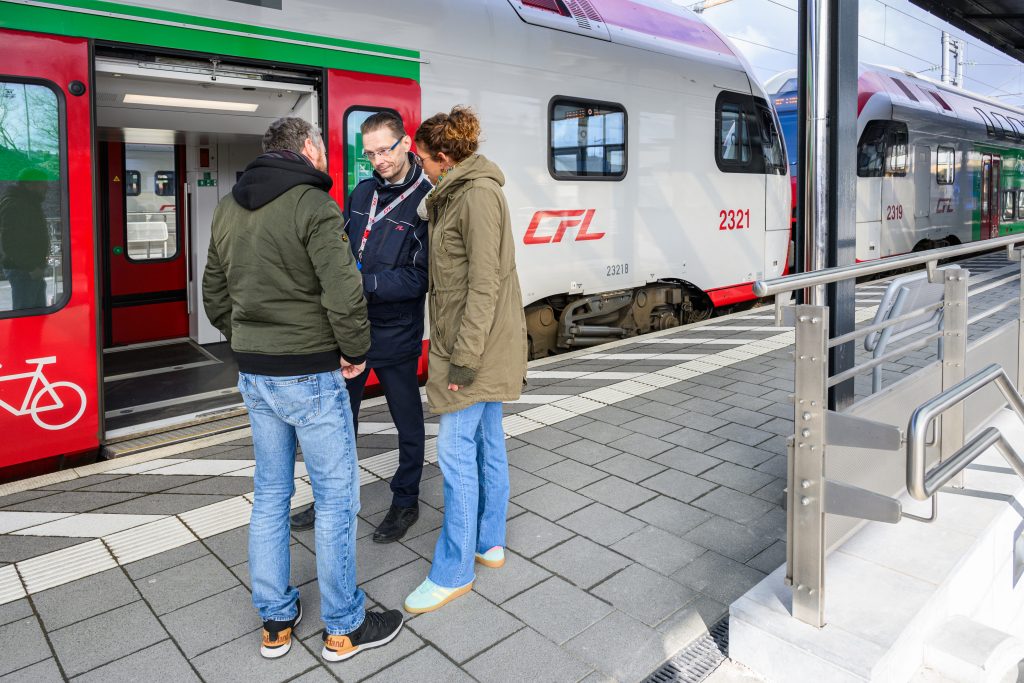
Safety is the CFL’s top priority. How is it disseminated throughout the Group?
We are in a continuous learning process to achieve an independent safety culture, meaning the default integration of safety into everyone’s daily behaviour and thinking. Awareness of risks through transparent communication; the involvement of leadership in the field and an obligation of means are the three levers we rely on to mature our safety culture.
In this case too, collective efforts lead to concrete results, such as within our subsidiary CFL technics, which achieved Vision Zero accidents at the end of 2024 with three years without an accident resulting in time off work.
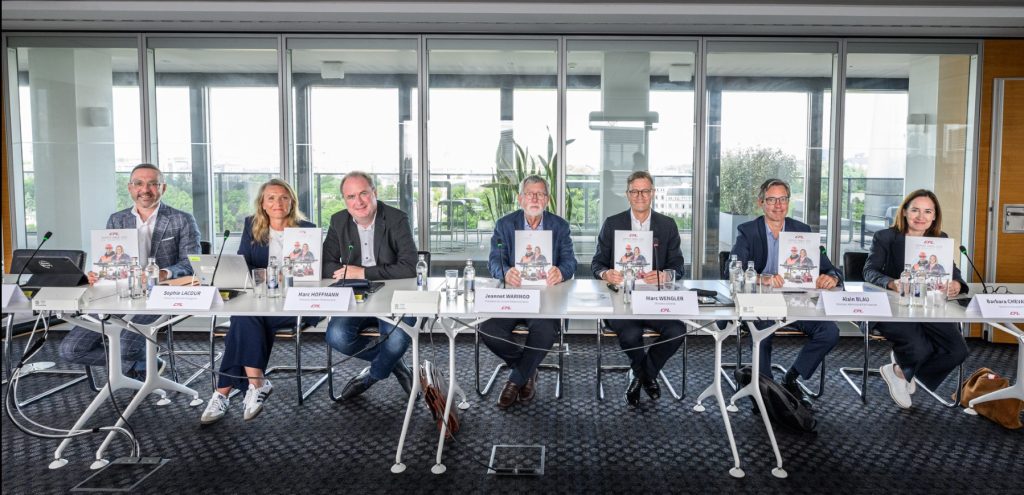
What do you take away from 2024, which was marked by a new record in train numbers?
We can be proud to welcome more and more customers on our trains while continuing a historically high level of investment plan to ensure that the train remains the backbone of mobility in Luxembourg and the border regions. For 2024, I note the significant work around the Howald area and the continuation of the new line between Luxembourg and Bettembourg.
We also celebrated the completion of the transformation of Rodange station into a new multimodal exchange hub for the southwest of the country. I would add that significant human and financial resources are dedicated each year to the maintenance and upkeep of the existing rail network.

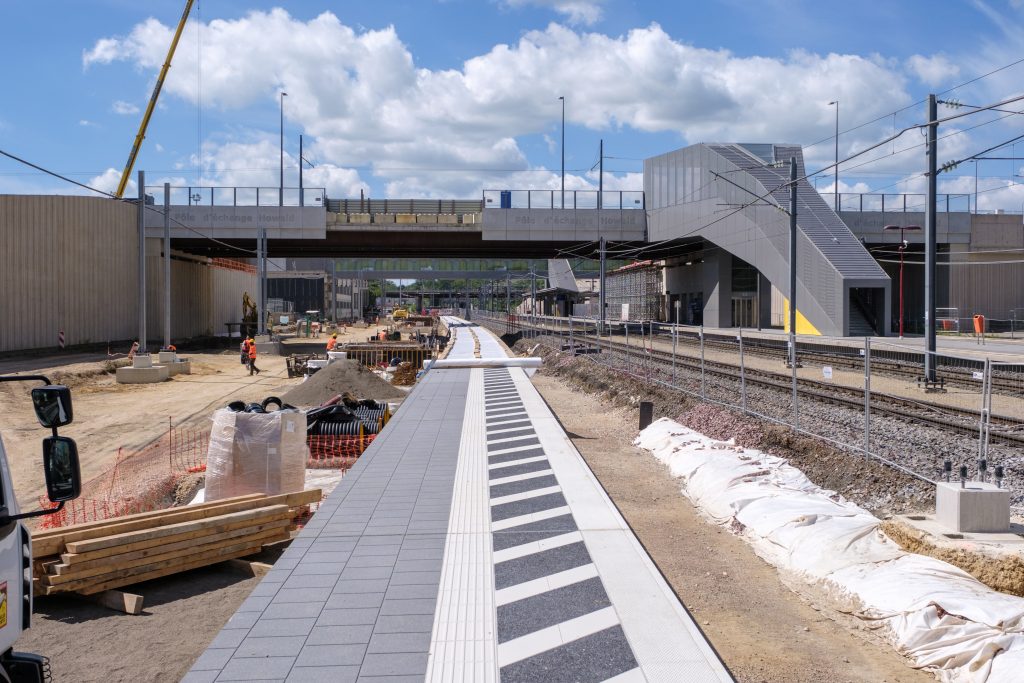
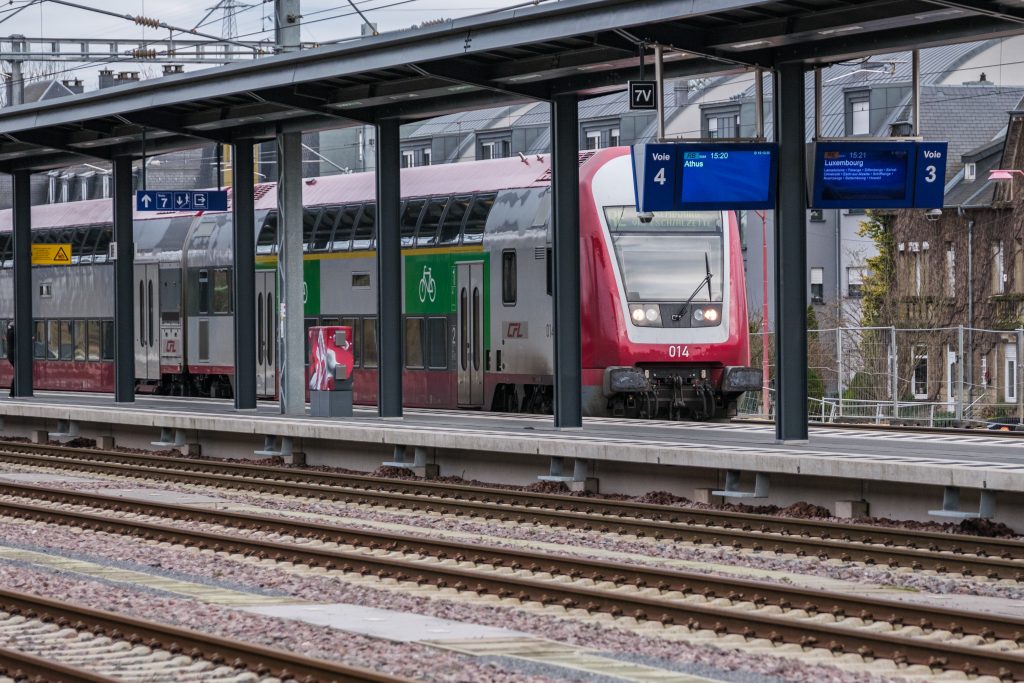
What about the CFL’s rolling stock?
In 2024, we realised a historic investment plan in our train fleet with the start of the commissioning of 34 new Coradia trains and the entry into service of ten Traxx MS3 locomotives for CFL cargo. I congratulate our teams and thank our partners for the successful completion of these long-term collective projects.
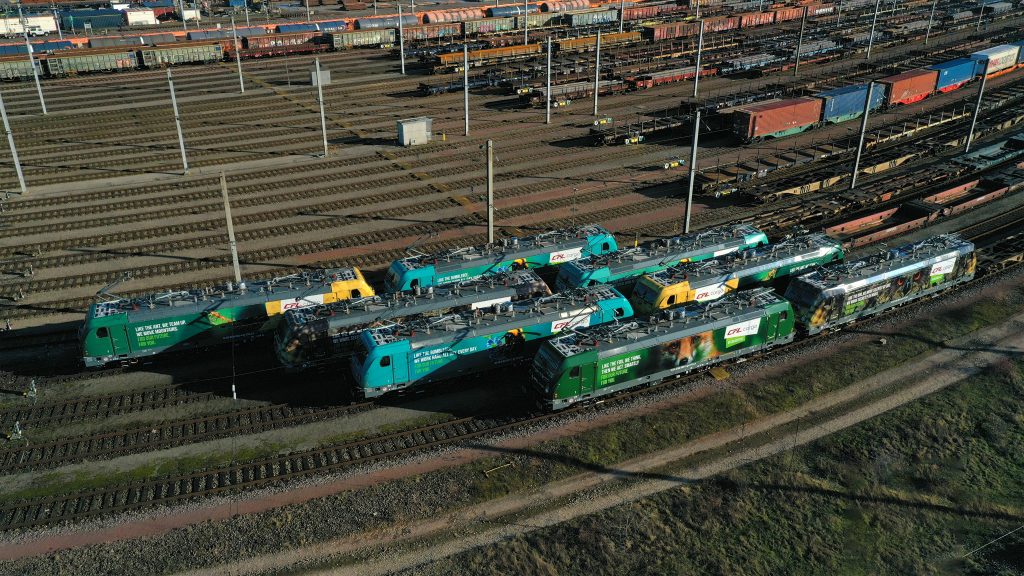
freight transport.
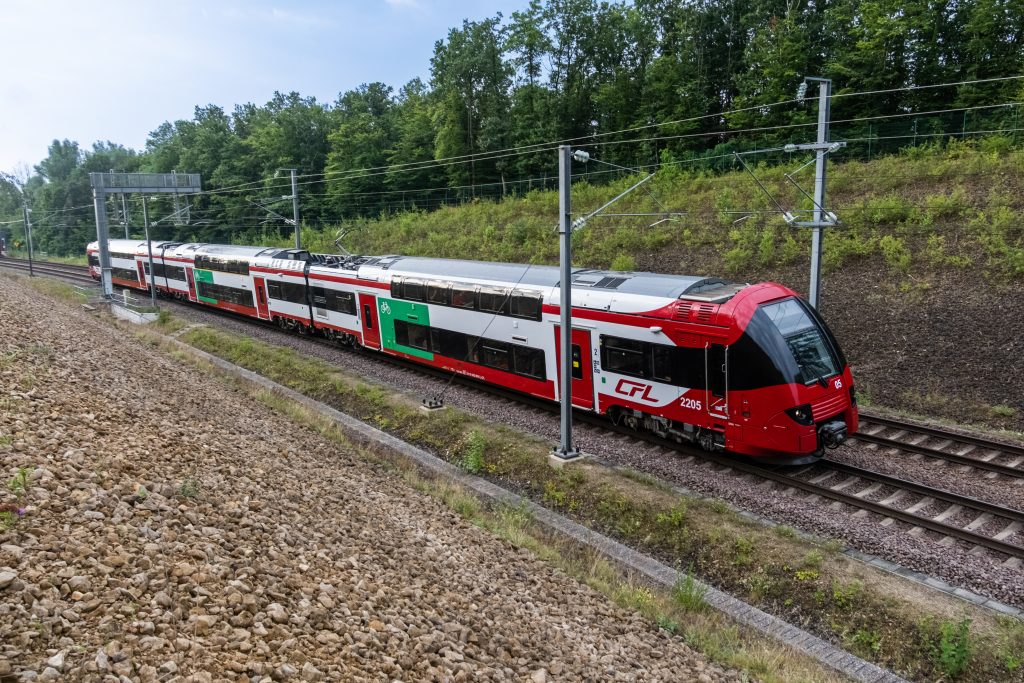
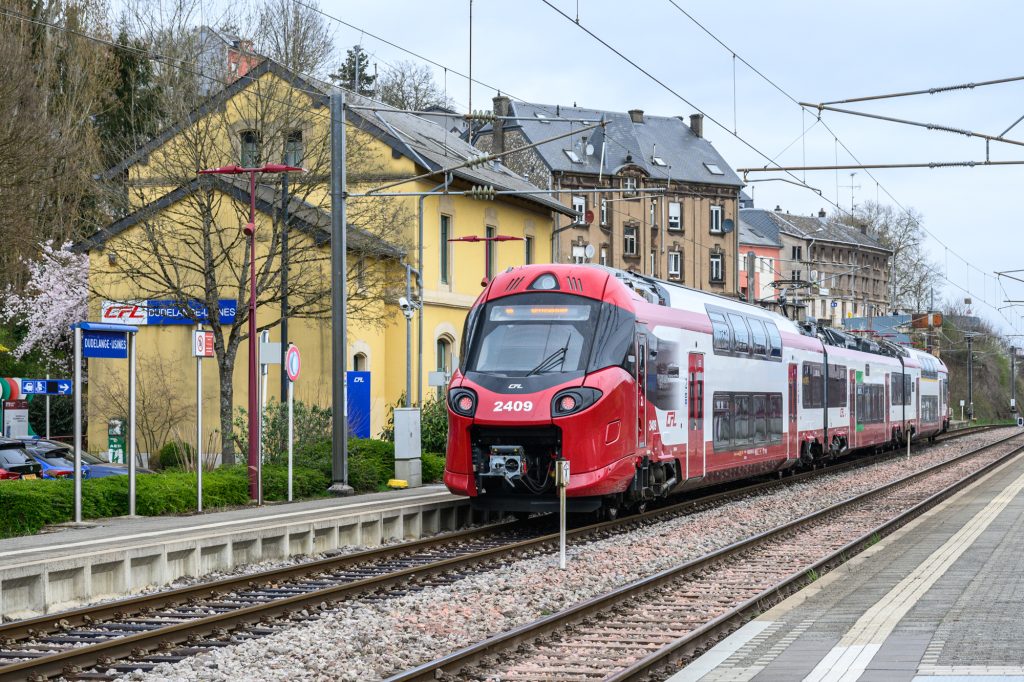
How are the CFL’s Freight Activities evolving in a highly competitive and always challenging economic environment?
Beyond the year under review and the positive financial results of our Freight Activities, it is clear that logistics is becoming increasingly crucial to the performance of companies and even a critical element of a country’s economic sovereignty.
Thanks to the expertise of more than 1,000 employees in our freight teams, our investments, and the expansion of our intermodal links in Europe, we reaffirm our role as a logistics hub “made in Luxembourg”. With our trimodal offer (rail/road/river) and the Bettembourg-Dudelange intermodal terminal, we offer a unique “one-stop-shop” platform in the Greater Region – and at the heart of Europe – to local and regional companies that internationalise their activities and to European companies targeting this Greater Region market.
“We continue to advocate at the European level to remove barriers to the smooth movement of cross-border freight trains.”
Marc Wengler, CEO, CFL Group.
Choosing rail for freight is a matter of economic and ecological common sense…
The train emits nine times less CO2, consumes six to seven times less energy, and causes 85 times fewer accidents than road transport. However, competition with the latter is increasingly fierce, especially with the introduction of “mega-lorries”. These vehicles, which can reach a length of 25.25 metres, are structurally incompatible with modal shift to rail and will exacerbate road congestion.
We hope that Luxembourg will remain out of step with this movement, which is contrary to environmental challenges. Conversely, we continue to advocate at the European level to remove barriers to the smooth movement of cross-border freight trains.
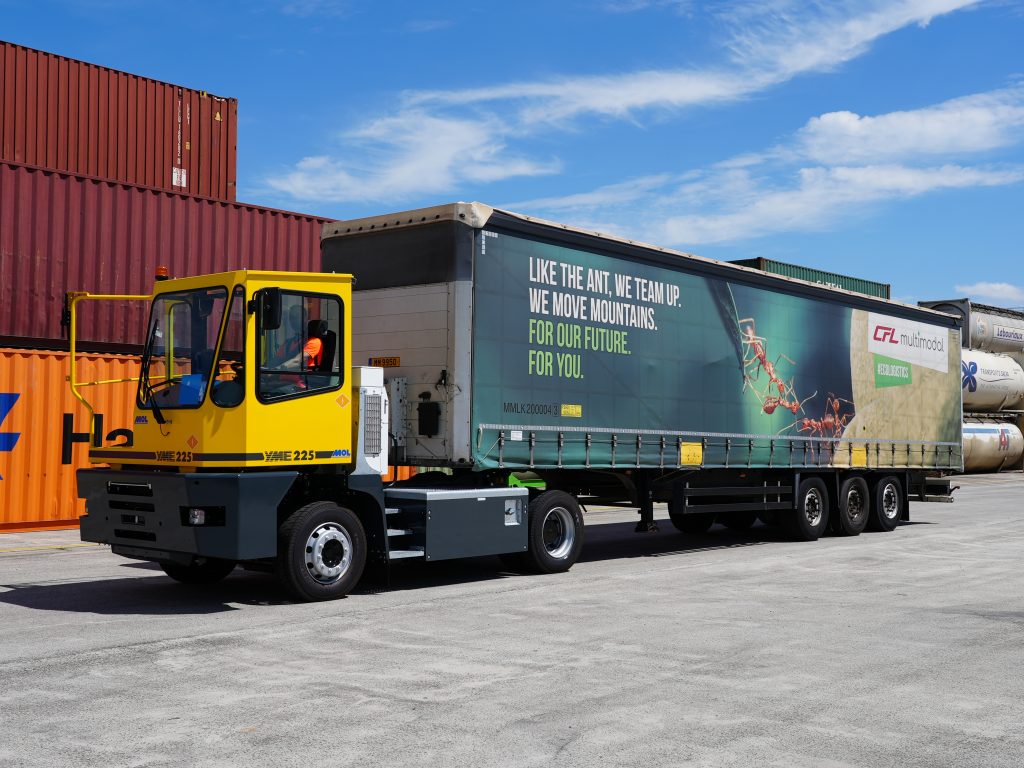
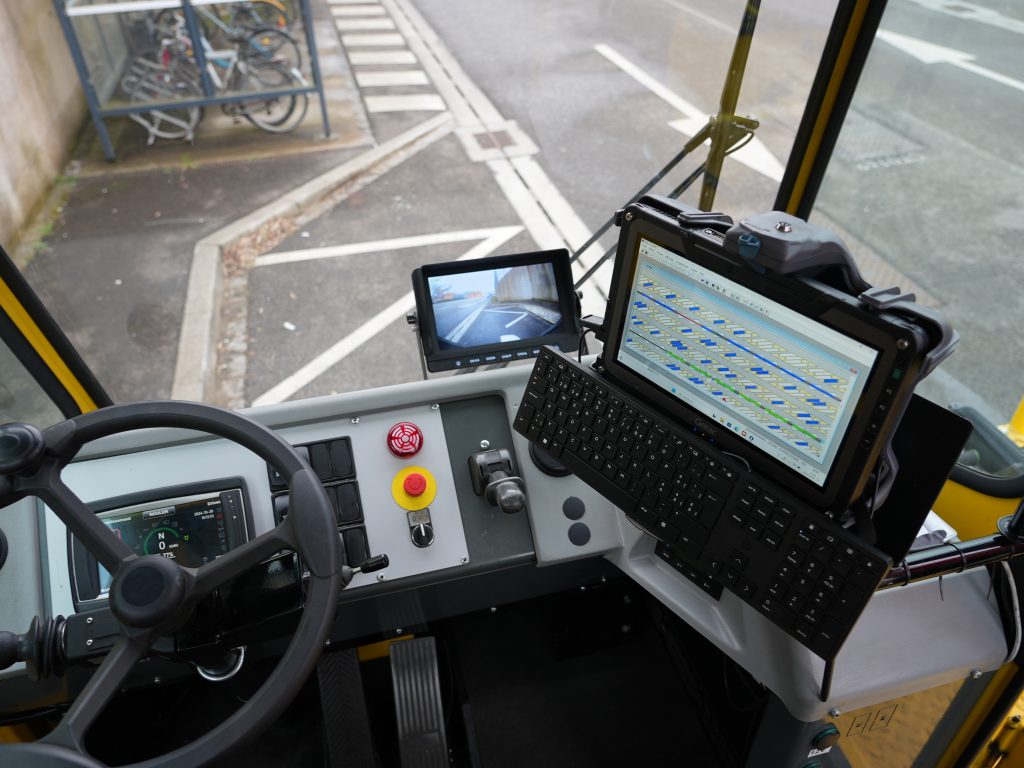
What are your prospects for 2025 and beyond?
We intend to stay the course and maintain the pace in our various projects, always demonstrating rigour in planning and operation. At the same time, we must already plan the next substantial developments of the rail network, such as the necessary redesign of the Bettembourg shunting yard. We also plan to adapt our maintenance capacities due to the evolution of our fleet, for example with a new maintenance workshop planned in Rodange.
This way, we continue to fulfil our raison d’être: to be a vector of social and economic development for the country centred around the train.
